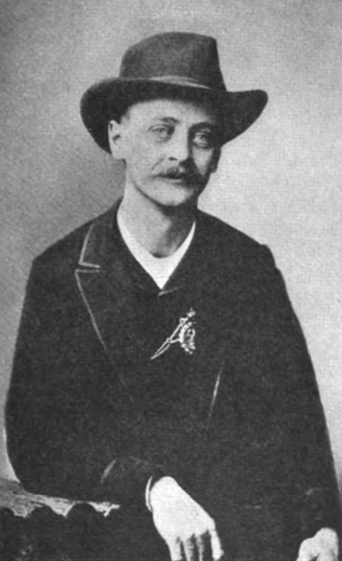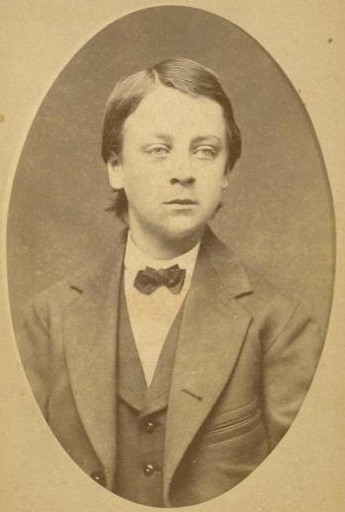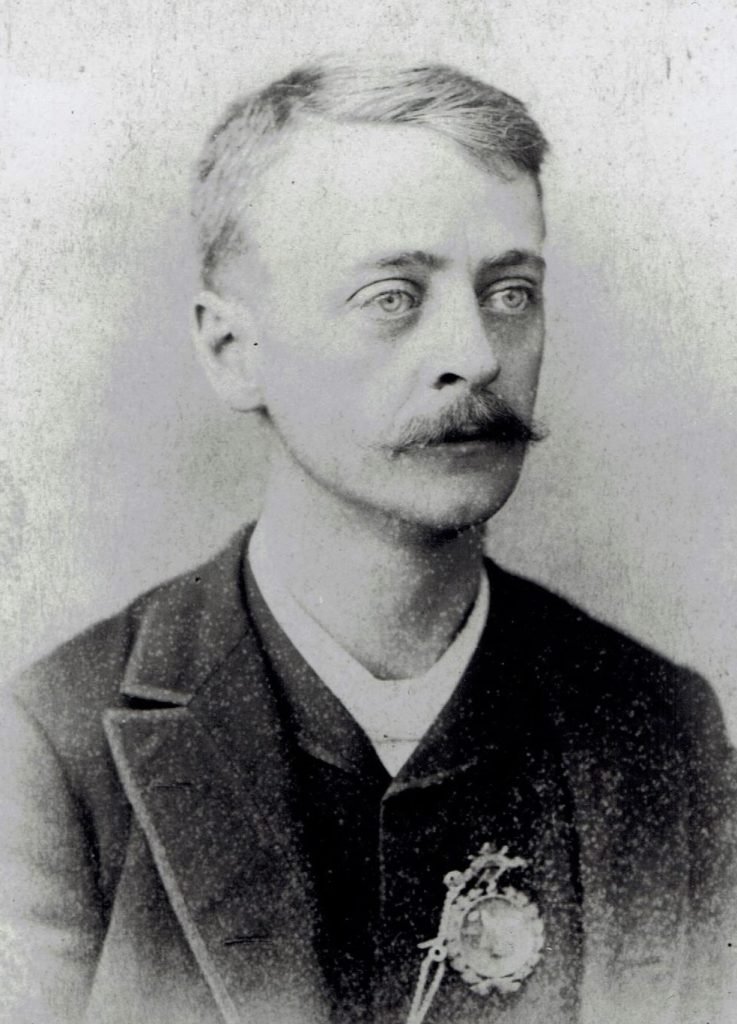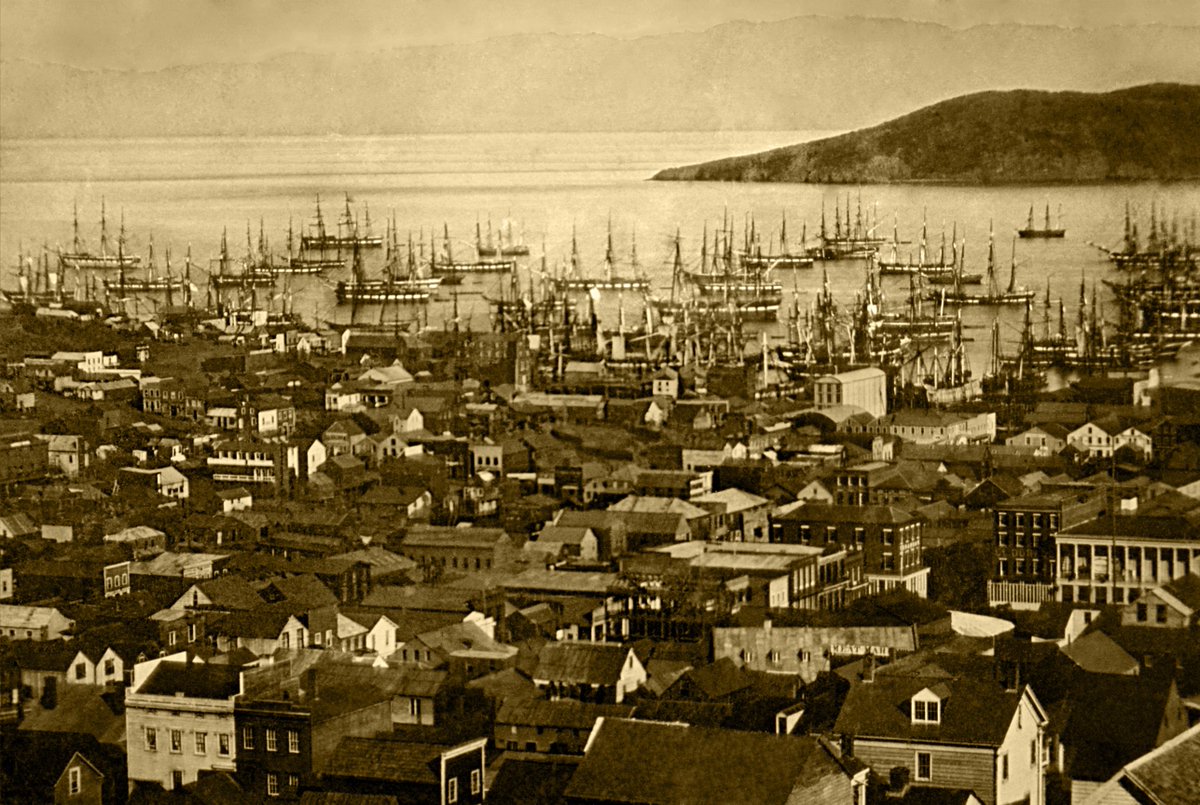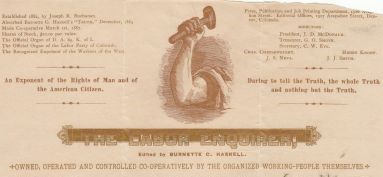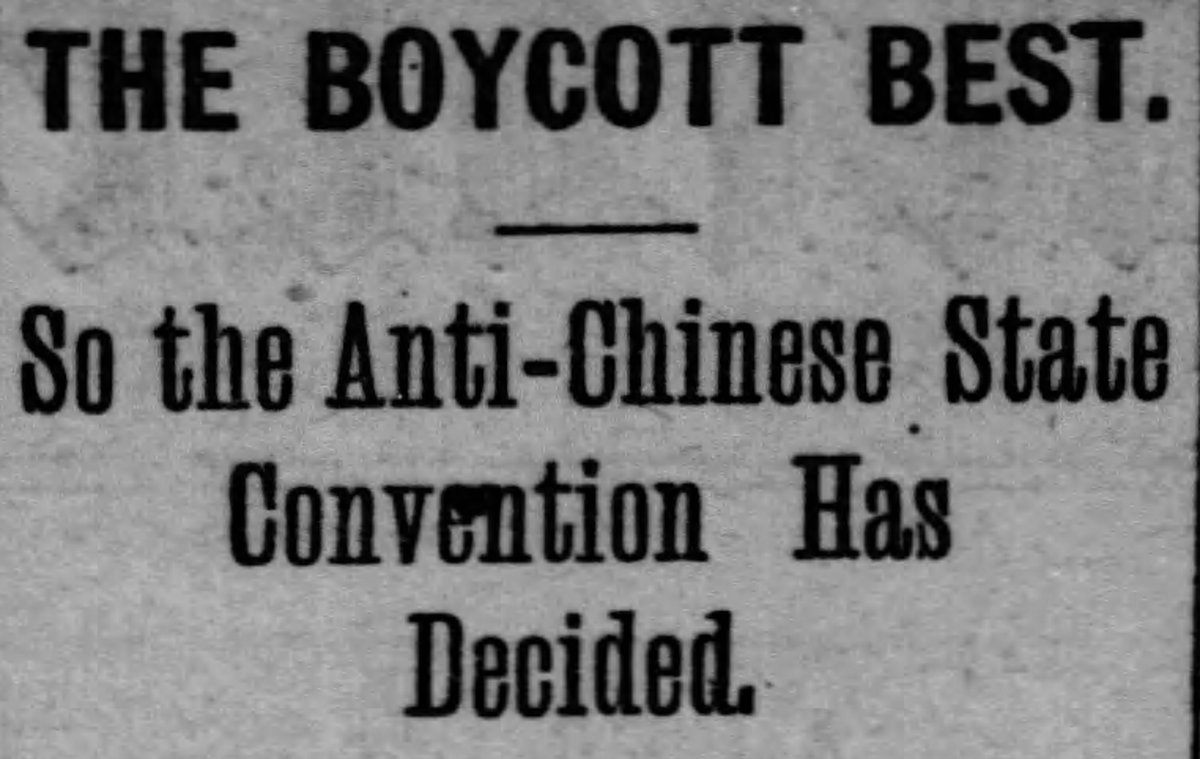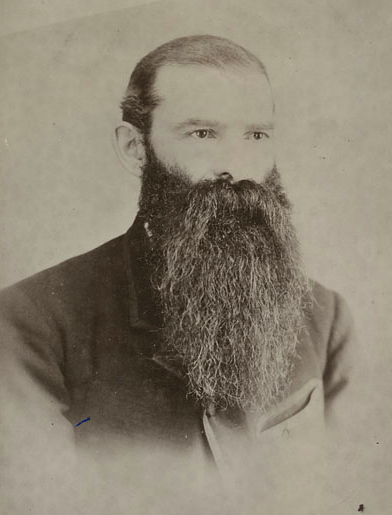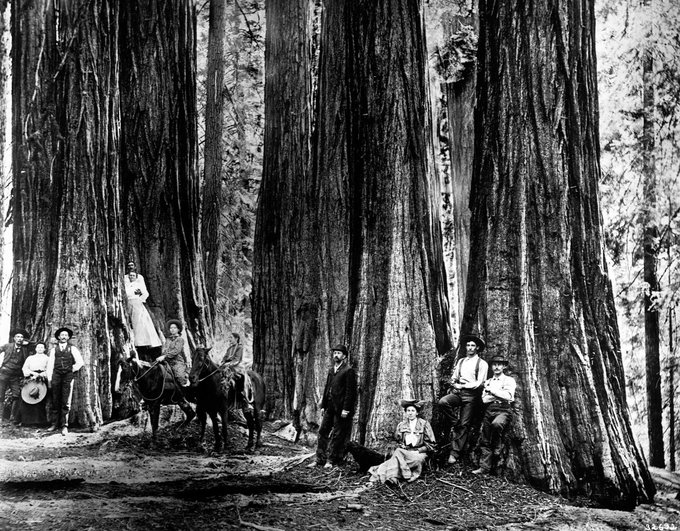July 15, 1881: Burnette G. Haskell established the IWA
July 15 1881, Burnette G. Haskell established the International Workingmen’s Association in San Francisco. Taking its name from Karl Marx’s by-then defunct First International, the IWMA was the Bay Area’s first locally-founded Marxist organization
Haskell, born to California pioneers in 1857, had trained as a lawyer before being put in charge of a wealthy uncle’s newspaper called “Truth.” Haskell soon developed an interest in the labor and socialist movements, and “Truth” became a leading radical journal
Through “Truth,” Haskell founded a series of small socialist groupings (with names like “The Invisible Republic” and “The Illuminati”). After speaking with some European radicals, he decided to revive Marx’s International Workingmen’s Association, which had been dissolved in 1876
The new IWMA operated using a cell structure. Secret names were used, and an individual member would only personally know 12 other members. There were three tiers of membership, each of which carried a different color card. It described itself as “secret, mysterious, worldwide”
By 1887, the IWMA reportedly had thousands of members organized into sections across the western states, and included many prominent labor leaders, including the Knights of Labor’s Joseph R. Buchanan. Bay Area chapters included SF, Oakland, Berkeley, San Rafael, and Healdsburg
From 1885-1887, the IWMA had remarkable success organizing workers such as sailors, carriage-makers, upholsterers, musicians, and tinsmiths. They wielded considerable influence in the local labor movement, often coming into conflict with the more conservative Knights of Labor
At the IWMA’s height, its leadership planned for revolutionary activity in the near term, publishing guides to street combat in their newspaper, while secretly building bombs and preparing lists of targets, including Alcatraz, the Mint, armories, and newspapers
Although they officially opposed “section and racial prejudices,” they were also staunch supporters of the racist anti-Chinese movement, helping to organize a major anti-Chinese parade in October 1885 and an anti-Chinese labor convention in 1886
The IWMA’s embrace of anti-Chinese racism led to the departure of Sigismund Danielewicz, one of the organization’s most effective organizers, who compared the oppression of Chinese workers to that of Jews (like himself) and the Irish (like many in the California labor movement)
The IWMA dissolved in 1887, around the same time Haskell left to form the Kaweah Colony Co-operative Commonwealth, a utopian socialist experiment in what is now Sequoia National Park. The colony, which renamed the famous General Sherman Tree the “Karl Marx Tree,” folded in 1892
@fischbyne We’re not really interested in adjudicating how properly “Marxist” Haskell’s IWMA was; we apply the term to them because it’s how they understood and presented themselves
@volkvulture1 although the politics of the IWMA in many ways appear more “anarchist,” it’s significant that Haskell himself explicitly conceived of it as a revival of Marx’s project. groups like the IWMA help show us how murky the boundaries between supposedly fully distinct tendencies can be
